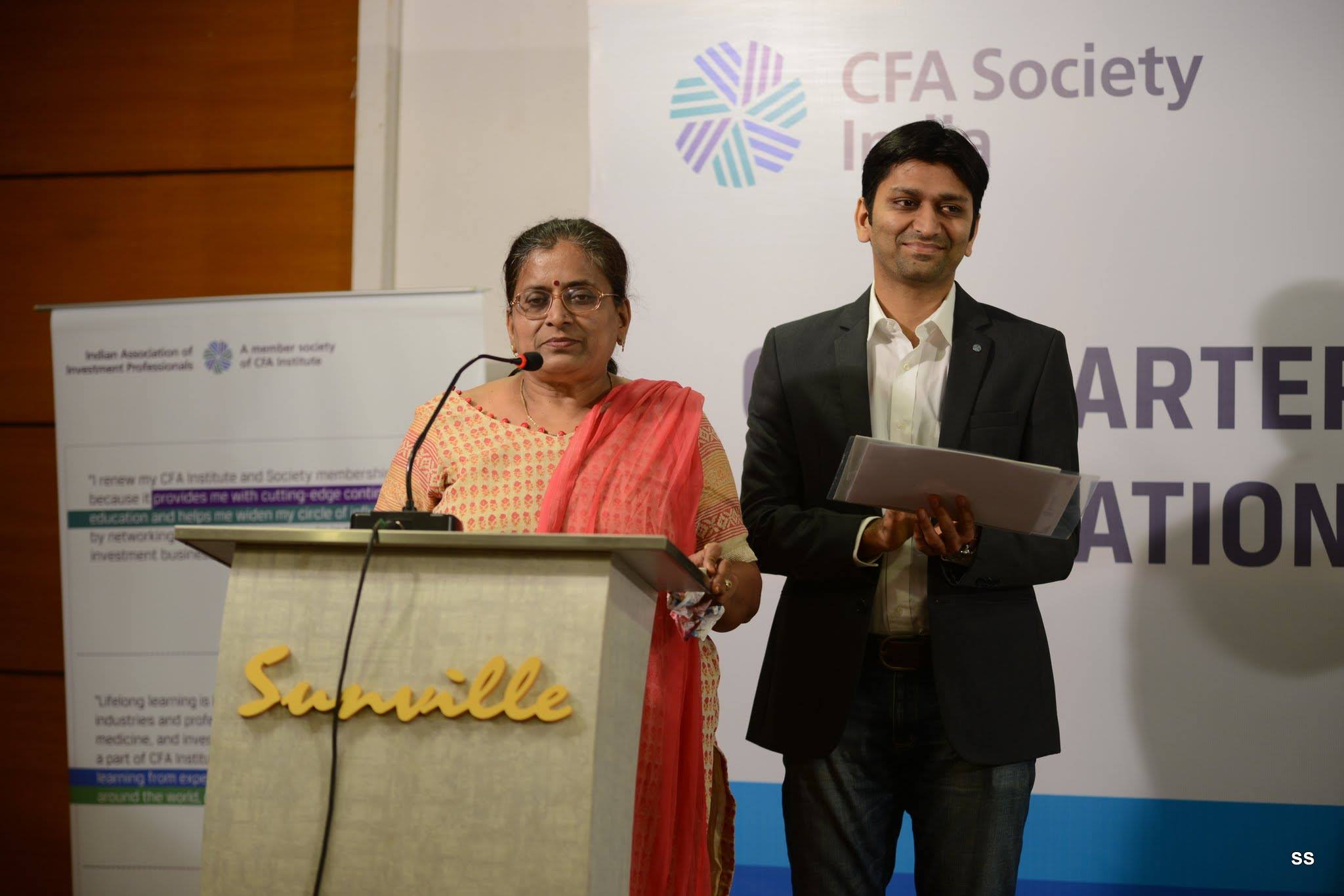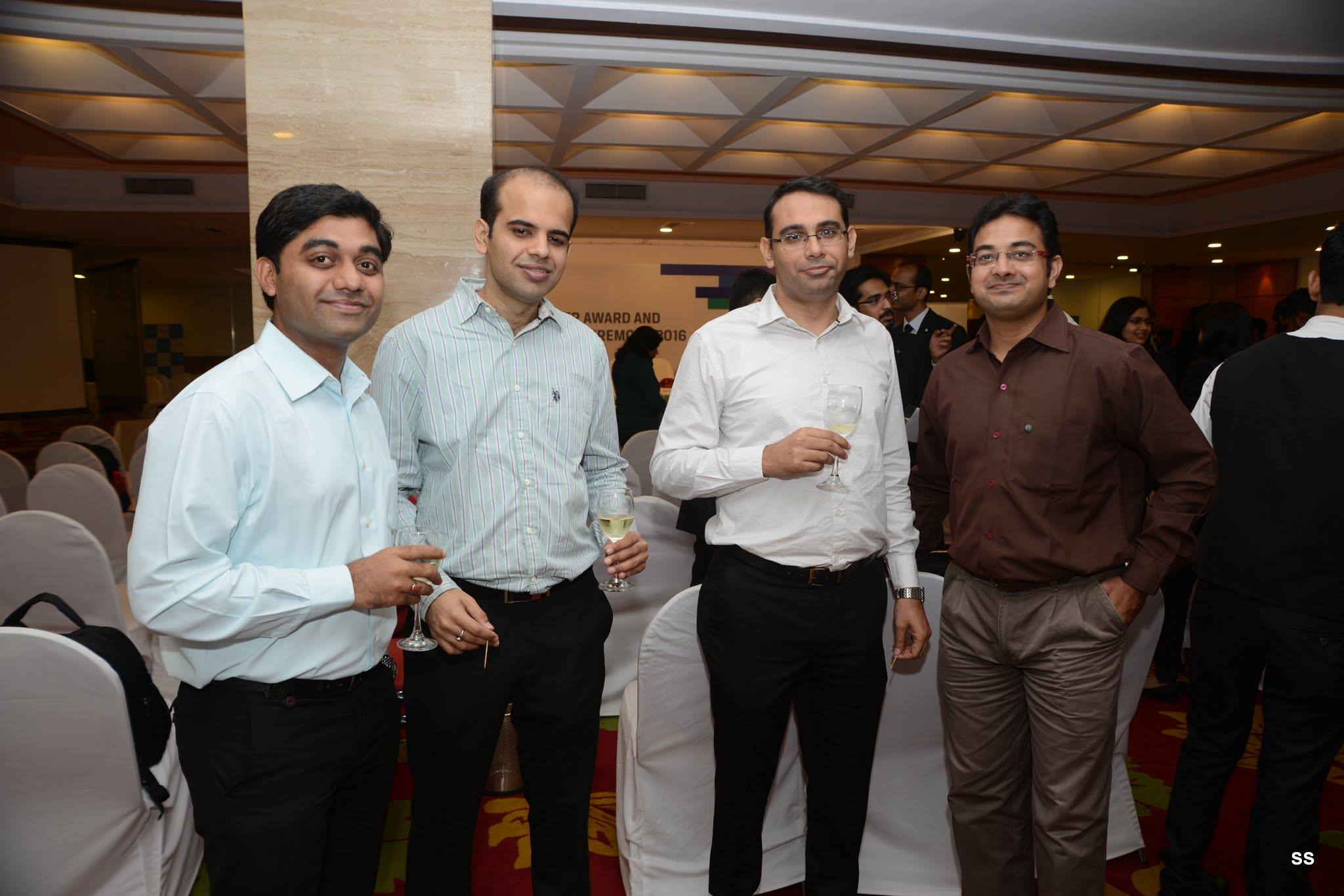- February 28, 2017
- Posted by:
- Category:BLOG, Events
Contributed by: Harshita Kothari

The Kolkata chapter of IAIP organised a speaker event titled “Role of Technology in Financial Markets” on February 18, 2017.
The event started with the introduction of the speaker Mr. Vivek Bajaj, director at Kredent Ventures and his rich educational background from IIM Indore. He began his presentation with the focus on how technology is changing the way we trade. A nanosecond is a 1000th of a second and for a timing difference of a few nanoseconds trading firms globally are ready to pay millions of dollars to their vendors.
At Kredent Ventures, fifty traders have been replaced by an algorithm-based system of trading and the system itself generates around 5 % of the Multi-Commodity Exchange (MCX) turnover. Mr. Bajaj said that algorithms need to be updated every six months as it tears out and the same set is copied by everyone else in the markets. He predicts challenging days for the analyst community and says it is a high time that people sharpen their skill sets or become redundant in front of algorithm-based systems.
He also discussed the use of stock recommendation aggregators who aggregate all the data from social networks and give the observer an idea of what the crowd is thinking. Some of these tools along with the algorithm sans human interface is all it takes to command the global trading stage for next few decades.
The importance of risk management in algorithmic trading was also highlighted. Mr. Bajaj shared that in his system he doesn’t go beyond a few percentage points of market wide position limits in any stock and his positions get squared off automatically once trigger levels are reached. In the last section, he discussed his stock market app Stockedge and its features.
To summarize, the world markets have gradually moved to algorithm-based trading and India has also quickly adopted the same. With the evolution of machine learning capabilities and big data, most of the trades are now done by these algorithm traders. While this model is slowly threatening the role of traders and analysts, it is still not fully efficient when it comes to taking subjective or contrarian calls. Furthermore, we are unsure whether such algorithmic trades induce volatility in the markets. Whatever be the case, it is clear that an analyst today needs to have enough knowledge about the technologies related to the investment market.
-HK






